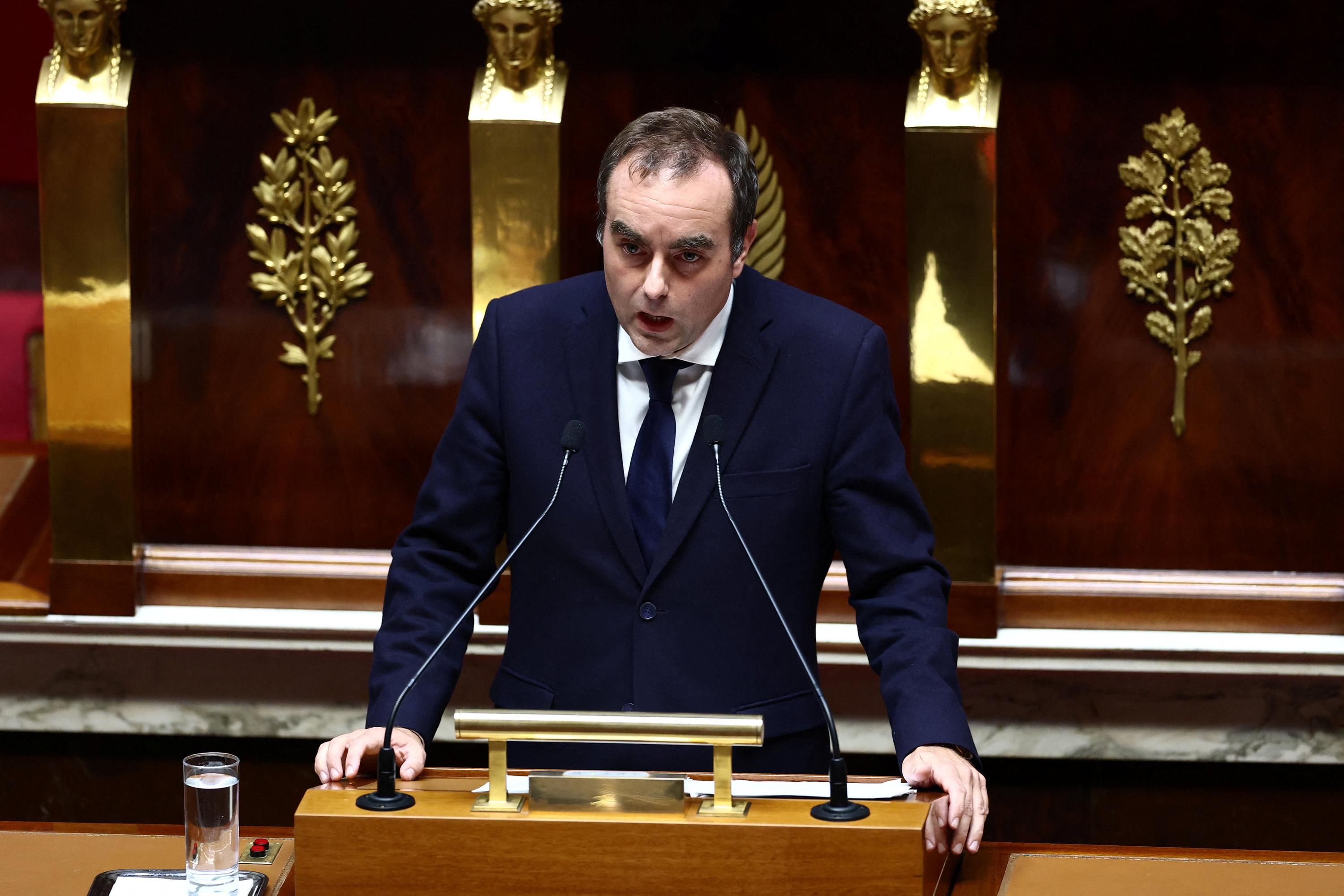Prime Minister Sébastien Lecornu Suspends 2023 Pension Reform Amid Political and Fiscal Challenges
Prime Minister Lecornu suspends the 2023 pension reform until 2028 amid political pressure and fiscal concerns while proposing new taxation measures on wealthy individuals.
- • Prime Minister Sébastien Lecornu announced suspension of the 2023 pension reform until January 2028.
- • The suspension delay will cost €400 million in 2026 and €1.8 billion in 2027, affecting 3.5 million citizens.
- • Lecornu acknowledged anomalies in taxation of the very wealthy and proposed new taxes in the 2026 budget.
- • Opposition figure François-Xavier Bellamy criticized the suspension as political cowardice and warned of financial collapse.
Key details
On October 14, 2025, French Prime Minister Sébastien Lecornu announced the suspension of the controversial 2023 pension reform, which had raised the legal retirement age to 64. This suspension will last until January 2028, effectively postponing the retirement age increase until after the 2027 presidential election. Lecornu emphasized that the duration of insurance will also remain at 170 quarters until that date. The move responds to mounting political pressure from the left and trade unions, aiming to restore political stability and regain public trust amid social tensions surrounding the reform, which was initially adopted under article 49.3 in March 2023. The suspension is expected to benefit approximately 3.5 million French citizens but will cost an estimated €400 million in 2026 and €1.8 billion in 2027, costs Lecornu stated will require offsetting through savings measures in public spending.
During his address, Lecornu also acknowledged "anomalies" in the taxation of France's very wealthy and proposed in the 2026 budget a new tax to regulate fiscal optimization especially via holdings. He also introduced a plan for an exceptional contribution from the wealthiest individuals to finance future investments in sovereignty, infrastructure, ecological transition, and defense. The tax targets high-income households earning more than €250,000 annually for singles and €500,000 for couples, with a minimum rate of 20%.
The suspension and fiscal proposals triggered sharp criticism from opposition figures, notably François-Xavier Bellamy, Deputy Vice-President of the Republicans, who described the suspension as indicative of the broader decline in political courage in France. Bellamy warned that the country faces imminent financial collapse despite the pension reform and remains burdened by a structurally deficient pension system. He also cited challenges including immigration, violence, educational crises, and governance issues as signs of systemic political failure. Bellamy stated, "If I were a deputy in the National Assembly, I would vote to censure the government," underscoring deep opposition discontent.
This development marks a critical juncture in France's ongoing pension debate, balancing fiscal responsibility, political pressures, and calls for reform continuity. Lecornu's announcement signals the government’s intent to prioritize political stability leading up to the 2027 election, while simultaneously addressing tax fairness and funding for national priorities.
This article was translated and synthesized from French sources, providing English-speaking readers with local perspectives.
Source articles (3)
Source comparison
Latest news
Katy Spicher Sues French State for Denial of Justice Over Unsolved 1983 Murder of Her Mother
French Public Sees Rise in Political Violence Amid Pre-Municipal Election Tensions
Businesses Drive French Economy Amid Rising Financial Challenges for Youth
France Climbs to 4th Place in 2026 Winter Olympics Medal Table After Biathlon Relay Gold
XV de France to Field Largely Unchanged Lineup Against Italy in Six Nations
France and India Deepen Strategic Partnership with Focus on AI Regulation and Defense Cooperation
The top news stories in France
Delivered straight to your inbox each morning.

